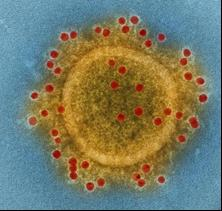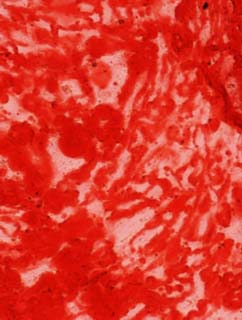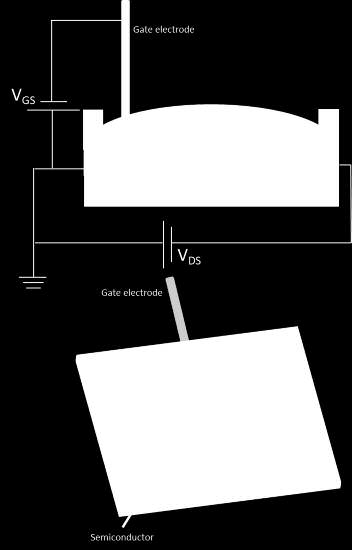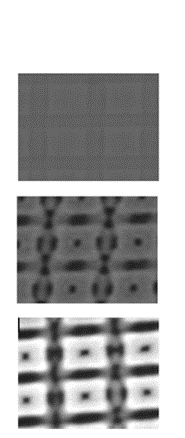CSIC has developed, using genetic engineering techniques, RNA replicons from the virus causing Middle East Respiratory Syndrome (MERS-CoV), encapsulated in Virus-Like Particles (VLPs), which can be used as a vaccine to generate immunity against infections by this coronavirus, according to their in vivo assays.
Industrial partners are being sought to collaborate through a patent licence agreement.
An offer for Patent Licensing
Self-replicative and non-propagable RNA encapsulated in VLP, as a vaccine for MERS-CoV MERS / NIAID
The recent outbreak of Severe Acute Respiratory Syndrome (SARS) in 2019 and, previously, the Middle East Respiratory Syndrome (MERS) in 2012 have demonstrated the lethality of coronaviruses. The latter has a mortality of 35% and there is still no vaccine or approved treatment for humans against MERS-CoV. CSIC researchers have designed RNA replicons from MERS-CoV, which are self-replicative, as they keep the replicase gene intact, allowing the RNA to multiply in the cell, and defective in propagation, as they remove the gene that encodes protein E along with other virulence accessory genes. These innovations lead to an attenuation of the virus and a much higher number of replicons, thus increasing the safety and efficacy of the vaccine.
These new RNA replicons keep intact the ability to replicate, but cannot spread to other cells. Thus, when the vaccine is inoculated, the replicon begins to replicate and when the proteins encoded by the genes that have not been deleted are expressed, they form Virus-like particles (VLPs) that will be recognized as antigens by the immune system, resulting in high and long-lasting immune responses.
Main innovations and advantages
▪ The vaccine is based on a replicon of RNA; these are RNA sequencesof the virus, competent in replication but defective in propagation, so itis no not considered as a virus.
▪ Biosafe and easy administration, preferably intranasally.
▪ In vivo evaluation of these RNA replicons showed that they are safeand stable vaccine candidates that induce potent sterilizing immunity.Useful for treating diseases caused by coronaviruses and, potentially,other human or animal viruses.
▪ In vivo studies have shown that mice immunized with a single doseintranasally have a 100% survival after infection with the virus,compared to non-immunized mice. The pharmaceutical compositionsof this invention can be used on their own or jointly with other drugsto provide combined therapy.
▪ In histopathological studies, the lungs of mice immunized with repliconsand subsequently infected with the virus looked similar to theuninfected mice.






